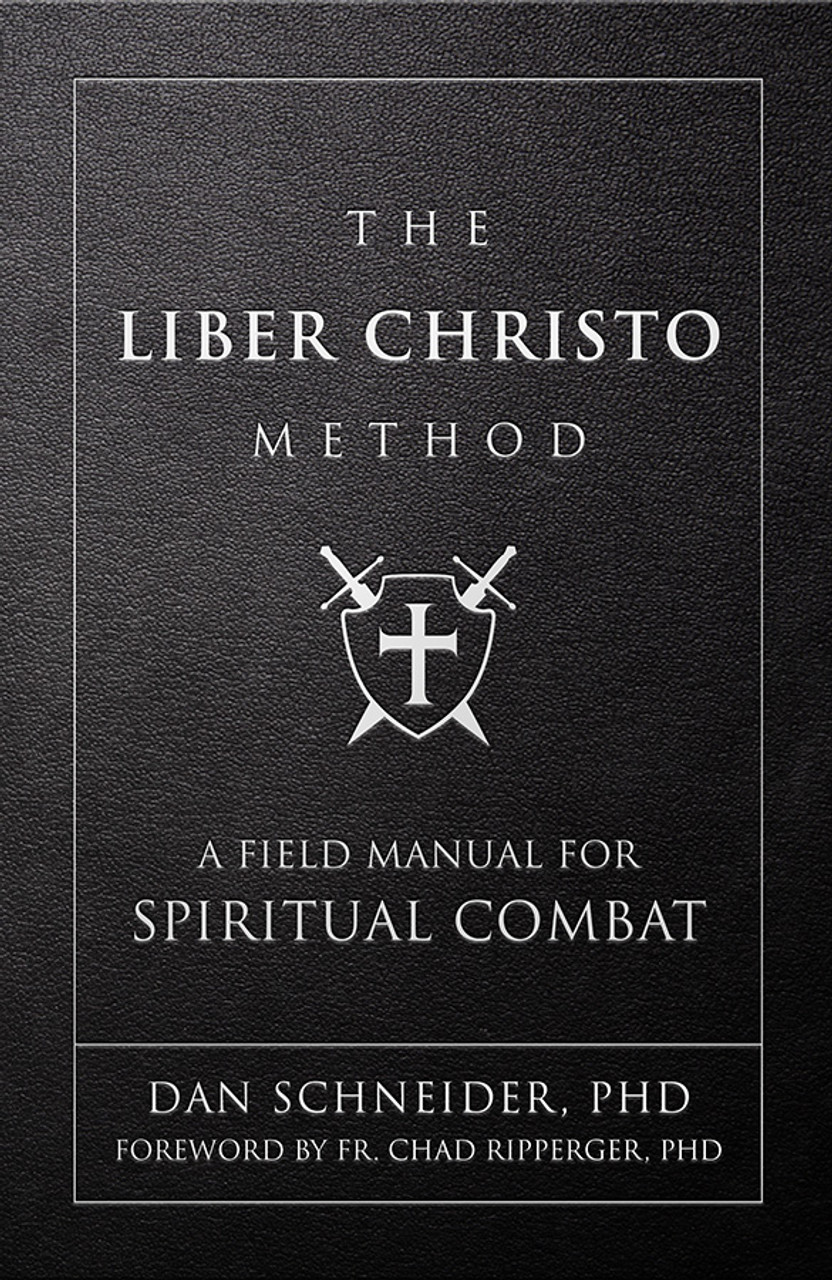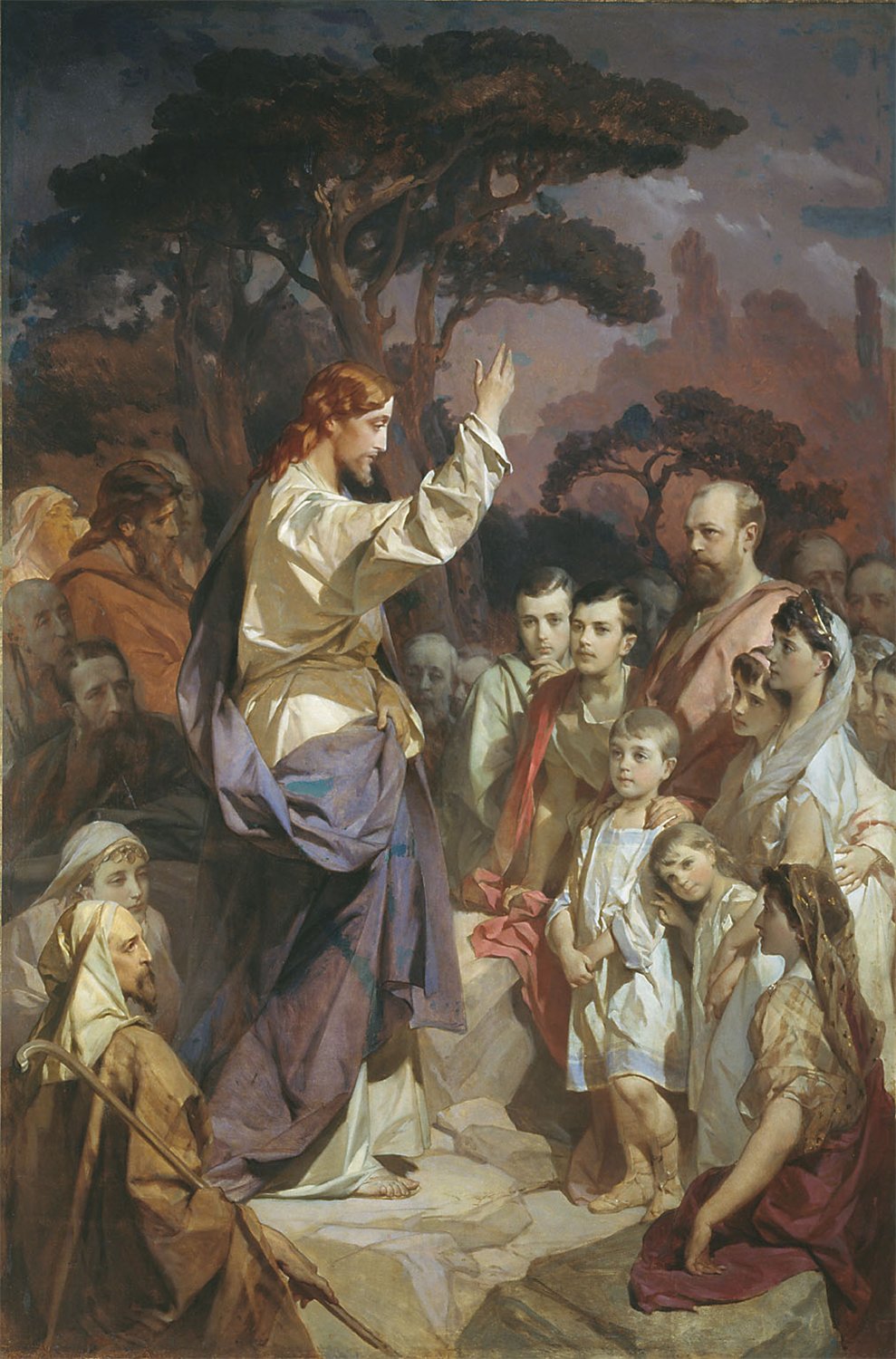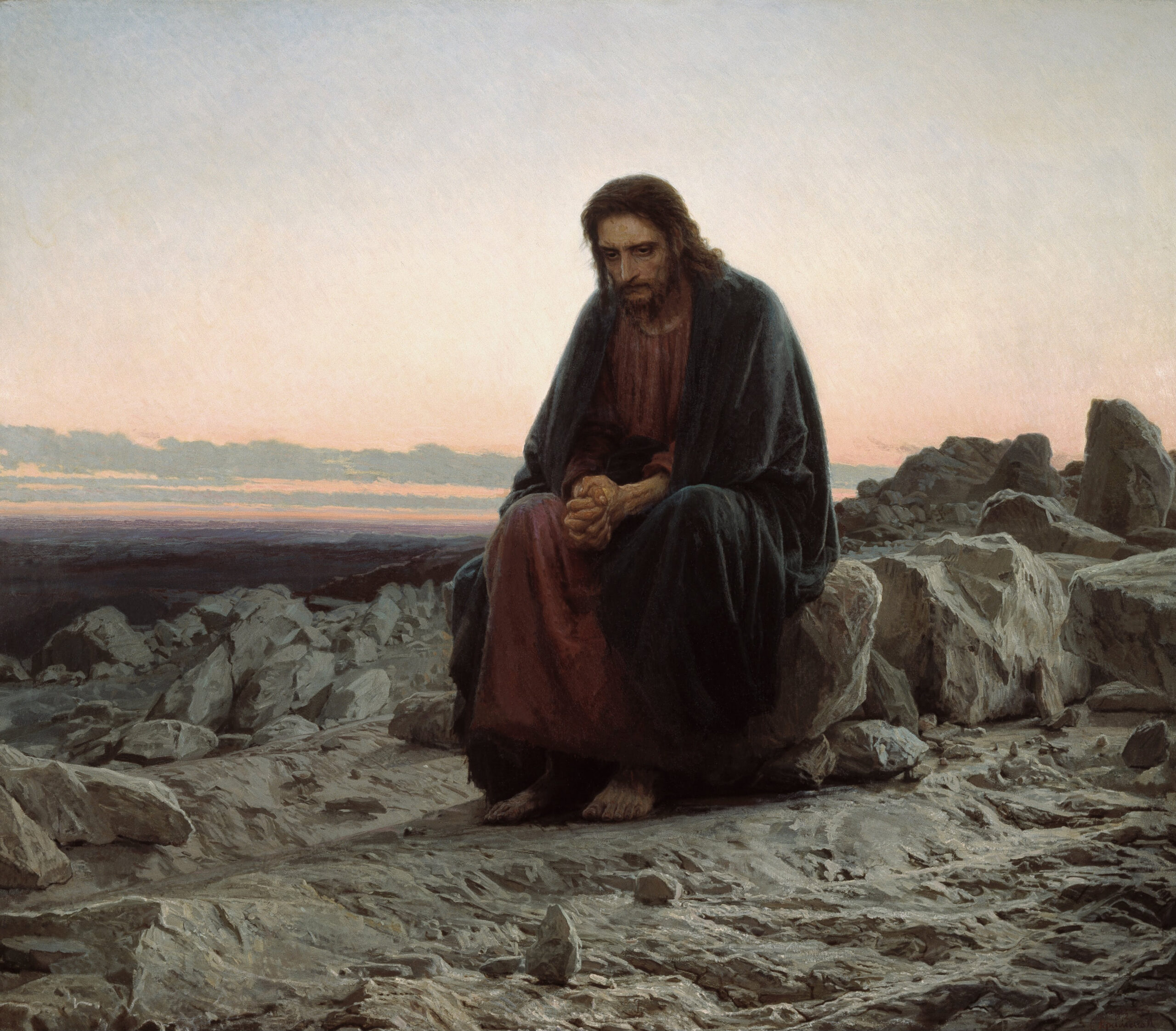We are all called to slay our giants. Just as David slew Goliath, God is calling us to be victorious in the battle for our souls. Learn how you can follow in David’s footsteps, rising from shepherd to warrior in your own spiritual life in this excerpt from The Liber Christo Method.
David was a shepherd boy whose father had sent to the battlefield to bring food to his brothers. The two armies faced each other, and David arrived just in time to see a Philistine warrior named Goliath mock and challenge the Israelite army. Standing nearly ten feet tall by some accounts, Goliath was a formidable opponent. The Philistine champion was not only a towering figure but also seasoned, “a warrior since his youth” (1 Sm 17:4, 33). He challenged the men of Israel with a showdown seen only in Homeric epics. The stakes were high: “He stood and shouted to the ranks of Israel: ‘Why come out in battle formation? I am a Philistine, and you are Saul’s servants. Choose one of your men and have him come down to me. If he beats me in combat and kills me, we will be your vassals; but if I beat him and kill him, you shall be our vassals and serve us’” (1 Sm 17:8–9).
Vassals is a polite gloss for “slave.” The Greek word used is, in fact, the lowest form of menial slave, or doulos. Many demons have attested to, under command by an exorcist in solemn session, a very sobering reality to the victor of this spiritual battle. To wit, if a person dies in a state of mortal sin, that person will be the slave, for eternity, of the demon who enticed him to mortal sin. The torment of enslavement, both experienced now and for eternity, is the goal of the demon.
What keeps most people enslaved is fear. Because of fear, the story continues, not a single soldier from the Israelite army accepted the Philistine’s challenge. Even King Saul, who himself “stood head and shoulders above the people” (1 Sm 9:2), was afraid to meet Goliath in battle. In fact, Scripture tells us that King Saul himself “was tormented by an evil spirit” due to his own disobedience to God’s commands and pride (cf. 1 Sm 13:13–14; 15:12; Dt 17:20).
David, conversely, was “a man after God’s own heart” (1 Sm 13:14) who replaced Saul as king. His fearlessness flowed from his deep faith in God. Only David, a shepherd boy who had become the king’s armor bearer, accepted Goliath’s challenge. Do not be surprised, however, if you find little encouragement in your desire to find liberation. The demon will do everything in his power to keep you in fear and under his control. No one thought that David could defeat the Philistine giant, not even his own brother, who ridiculed him just as he was walking out to face Goliath.
Even King Saul reminded David that he is a mere youth while Goliath “has been a warrior from his youth” (1 Sm 17:33). Thus, it is often those closest to us who seek to prevent us from seeking liberation.
On the plains of Bethlehem where David tended sheep, however, he himself learned how to fight off apex predators like bears and lions—not with swords and spears, but with something both advanced and primitive: a slingshot. Casting off Saul’s armor, David applied guerrilla warfare tactics similar to Rogers’s rangers. He went to a river and picked out “five smooth stones” and put them into his ammo pouch ( 1 Sm 17:40). This does not imply that David lacked faith but rather showed his preparedness for any contingency in battle (not unlike like Rogers’s rules which said that each ranger must have “sixty rounds powder and ball and be ready to march at a minute’s warning”).
Do you believe that you have the skills to defeat your enemy, however huge he may seem, and that God will guide your stone? We will show you tactics that are as the slingshot was to David, both primitive and advanced at the same time. You, however, must have the faith and courage to “put your hand into the bag” and reach for the stone. You must also race toward Goliath with the ancient weapons of the Catholic Church in hand. The stakes are high: slavery to the loser but peace and the reward of eternal life with God in heaven to the victor.
ooo
This article is taken from a chapter in The Liber Christo Method by Dan Schneider, PhD which is available from TAN Books.









